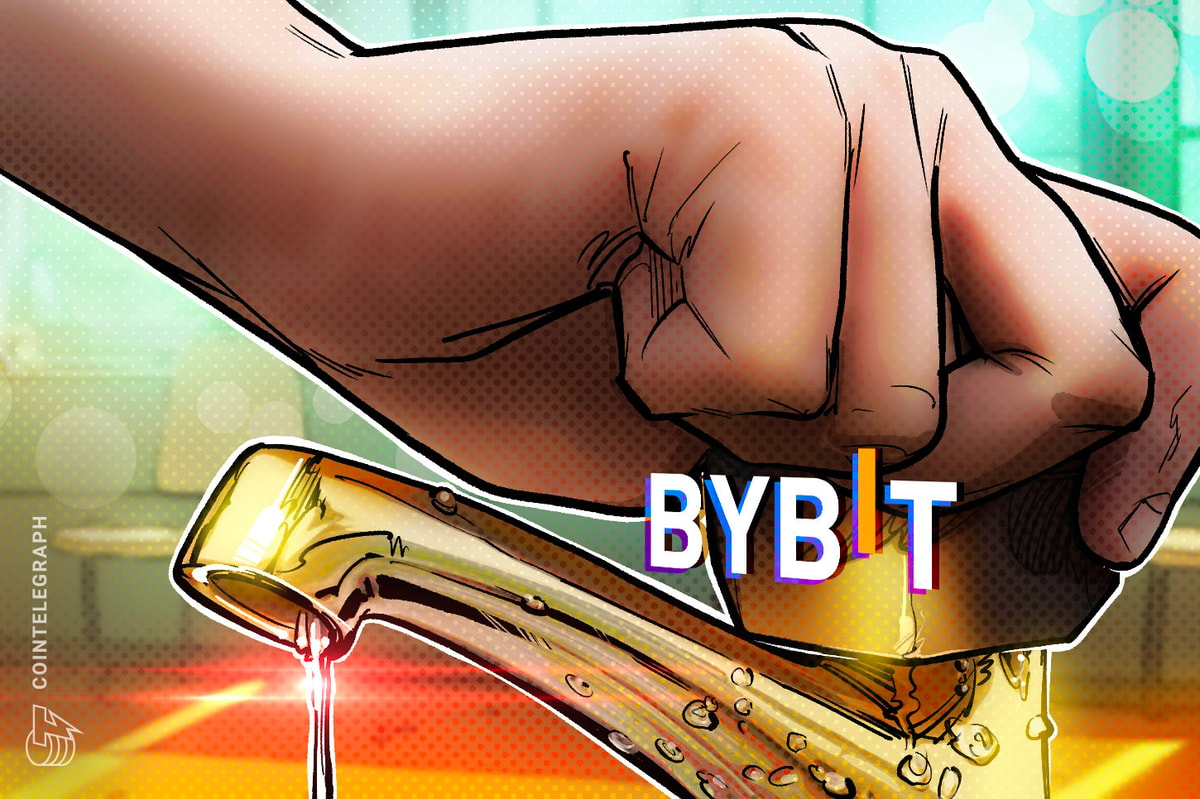The metaverse may no longer have mainstream appeal to some global tech leaders compared to two years ago. However, weaknesses in the testing of the various investments and initiatives in the emerging technology may have resulted in some of them failing.
On the sidelines of the recent Cardano Summit in Dubai, Sandra Helou, CEO of MetaMinds Group, told Cointelegraph that the lack of tailor-fit business models for enterprises “have been the biggest failure in the metaverse,” and turning to them for short-term wins is not the right approach. She said:
“When it comes to applying technology similar to the metaverse, that in itself requires a massive overhaul and shift in the business vision, teams and business models… The biggest thing that we’re seeing is that people did not get their business model right, which is why a lot of them failed.”
Helou’s comments come after KPMG recently released a report that found only 29% of tech leaders in the United Arab Emirates and 37% globally believe that the metaverse will play a crucial role in helping their businesses achieve short-term success. According to the survey, most tech leaders are leaning toward artificial intelligence (AI) instead over the next three years.

“The metaverse is not for short-term goals. It’s definitely a long-term vision that requires a lot of effort, a lot of strategy, teams dedicated to it and funding,” the executive added.
Earlier this year, Business Insider published a report titled “RIP metaverse, we hardly knew ye.” The article, written by EZPR CEO Ed Zitron, claimed that the “once-buzzy technology” had “died after being abandoned by the business world.”
The narrative, however, did not faze builders in the space, who mostly remained optimistic about the technology’s potential to create new user experiences.
When asked about how companies can ensure the longevity and relevance of metaverse projects, Helou said the industry should address accessibility and interoperability:
“The space is pretty fragmented… Like a segment that if you want to use Roblox, you have your own avatar, you have your own identity. Then, if you want to move to another area, you have a [different] avatar and identity. It’s very difficult.”
“It’s kind of like every time you enter a store, you’d need to change your physical wallet and clothes you’re wearing. It just doesn’t make sense,” Helou explained.
The executive explained that builders should ensure metaverse product lines are aligned with what the users, their clients and the market need, including the proper blockchain network, assets to use and understanding the safety and security behind digital identities. She added:
“We truly believe that once you get that right, you’ll be able to make an interoperable world where everyone can freely move around.”
UAE as an emerging Web3 hub
Dubai and the wider UAE have been working to attract global crypto firms with their crypto-friendly policies. According to Helou, the jurisdiction’s approach toward emerging technologies has made it easier for builders to realize their vision:
“Technology is universal… But if you look at the rules and regulations and the ease of commerce that Dubai has given the founders, CEOs and builders, it does put it in a prime position for the metaverse to be extremely successful for people who do lift off from the region.”

Helou believes that the UAE, in general, will not take a similar approach to what the United States Securities and Exchange Commission employs toward the sector, which the community has described as “regulation by enforcement.”
With the establishment of Dubai’s Virtual Assets Regulatory Authority, which pushes forward those necessary policies, the executive said the regulator hasn’t come down to Web3 projects to micromanage the industry.
Read More: cointelegraph.com









 Bitcoin
Bitcoin  Ethereum
Ethereum  Tether
Tether  XRP
XRP  Solana
Solana  USDC
USDC  Dogecoin
Dogecoin  Cardano
Cardano  TRON
TRON  Lido Staked Ether
Lido Staked Ether  Wrapped Bitcoin
Wrapped Bitcoin  Toncoin
Toncoin  Chainlink
Chainlink  LEO Token
LEO Token  Stellar
Stellar  Wrapped stETH
Wrapped stETH  USDS
USDS  Avalanche
Avalanche  Sui
Sui  Shiba Inu
Shiba Inu  Hedera
Hedera  Litecoin
Litecoin  Polkadot
Polkadot  MANTRA
MANTRA  Bitcoin Cash
Bitcoin Cash  Bitget Token
Bitget Token  WETH
WETH  Ethena USDe
Ethena USDe  Binance Bridged USDT (BNB Smart Chain)
Binance Bridged USDT (BNB Smart Chain)  Pi Network
Pi Network  Hyperliquid
Hyperliquid  Wrapped eETH
Wrapped eETH  WhiteBIT Coin
WhiteBIT Coin  Monero
Monero  Uniswap
Uniswap  Dai
Dai  Aptos
Aptos  Pepe
Pepe  NEAR Protocol
NEAR Protocol  sUSDS
sUSDS  Cronos
Cronos  OKB
OKB  Coinbase Wrapped BTC
Coinbase Wrapped BTC  Gate
Gate  Tokenize Xchange
Tokenize Xchange  Mantle
Mantle  Ondo
Ondo  Internet Computer
Internet Computer